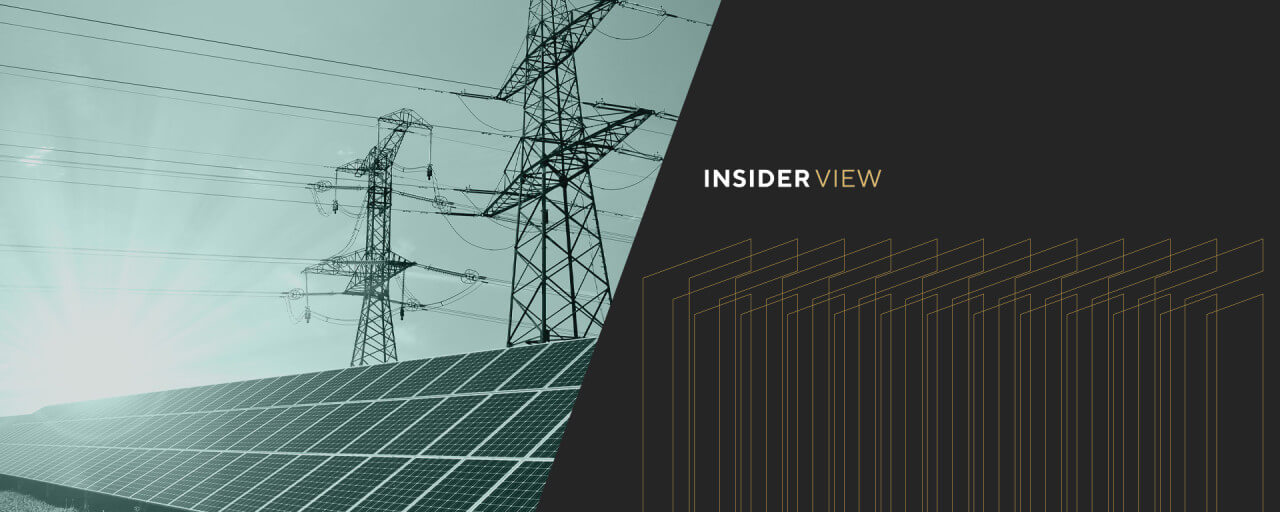

In an article I wrote six years ago, I argued that due to changes in technology, power distribution is no longer a "natural monopoly.”
I shared the views of Nobel Prize awardee Vernon Smith, who, as early as the 1980s, argued that deregulation of the electricity market is possible if there is competition for generation, transmission, and even distribution.
To prove my point, I applied for a franchise with an existing franchise holder in an area.
Bicol Light and Power Corp. has gone through the Franchise Committee of Congress the past three congresses.
Still, we always got bogged down because we had opposition from existing distribution companies and their supporters in the Senate.
In this current Congress, I hope we get the approval by the Senate.
Needed EPIRA amendment
The introduction of competition in the power transmission and distribution sectors is one of the provisions I am pushing for the inclusion of this amendment to the EPIRA (Electric Power Industry Reform Act).
In a previous column, I highlighted this need to improve our services in the sector.
It seems the Supreme Court jumped the gun on Congress: ”Electric cooperatives do not have a constitutional right to an exclusive franchise within their coverage areas.”
This was the definitive ruling of the Supreme Court in G.R. No. 264260 (Iloilo Electric Cooperative, Inc. [ILECO I], et al. v. Executive Secretary Lucas P. Bersamin et al.).
I always argued that Section 11, Article XII of the Constitution prohibits exclusive franchises.
A franchise is a privilege granted by the state and therefore cannot be the exclusive private property of the franchisee. The Supreme Court spoke the same words.
The world has changed over the last century. What was once considered a "natural monopoly" is no longer applicable today.
Technology and the resulting reduction in costs have opened the way for other players to provide electricity service at the household level. Again, this was an argument I made in a previous column.
Microgrids more relevant
The infrastructure of transmission and power distribution companies reflects the realities of the past century. With increased calamities in frequency and ferocity, the current power structures need to be more practical. That is why microgrids will increasingly be more relevant in our country.
Bringing power to the people means we no longer depend on our power sector's flawed market mechanisms. We will know when to expand our capacity requirements.
With AI, we can manage the system in our neighborhood. We do not need a system operator to do that for us. We already have systems based on smart meters and blockchain technologies to read and settle our power bills. Payment systems are also in place to allow us to pay from our phones or computers.
Now that our Supreme Court has spoken, I hope more competition will come at the power distribution level. Competition is good news for consumers, generators, and the country as a whole.

A power industry expert with over 40 years in experience as chief executive officer in firms ranging from banking, power, and advisory services.